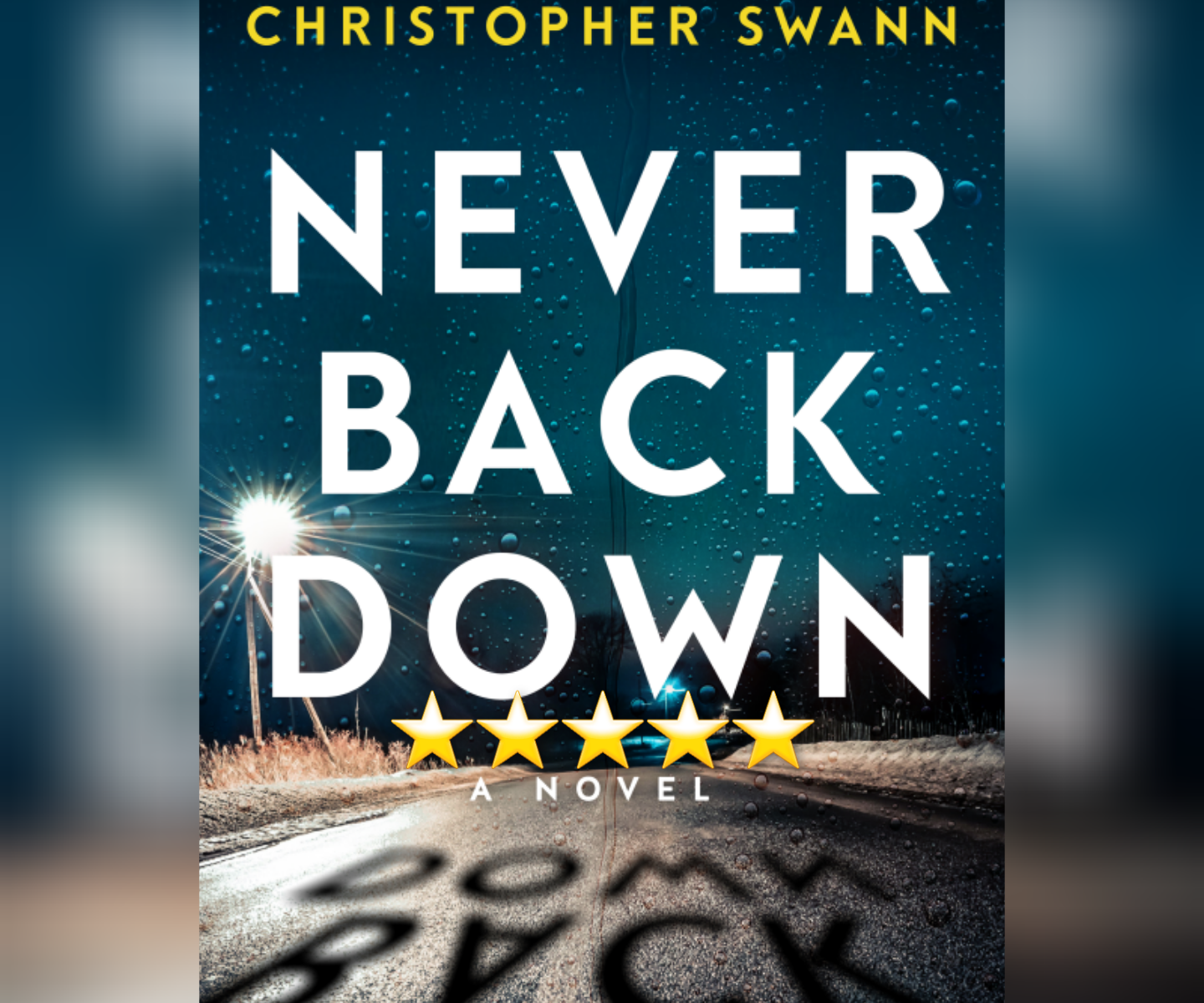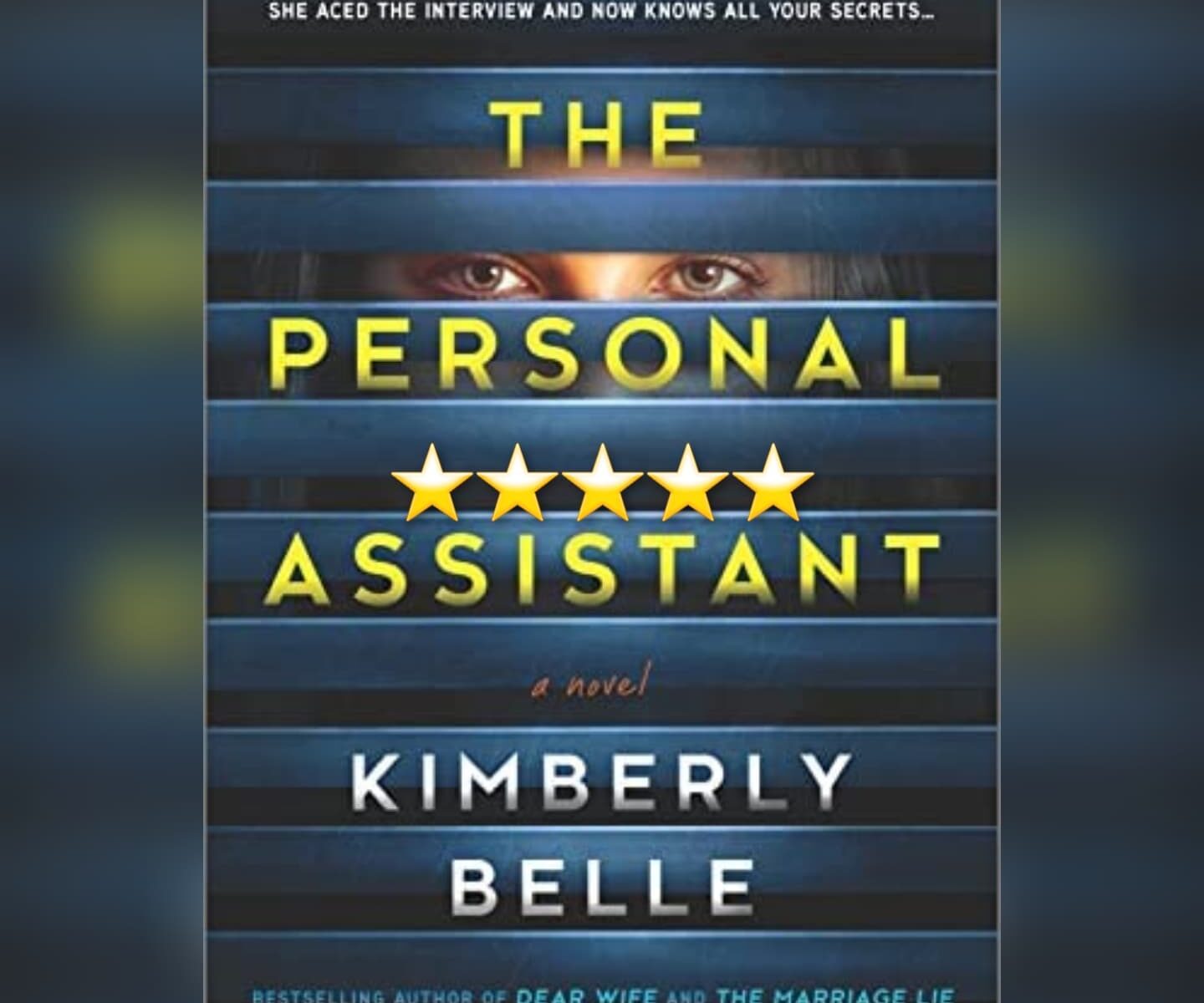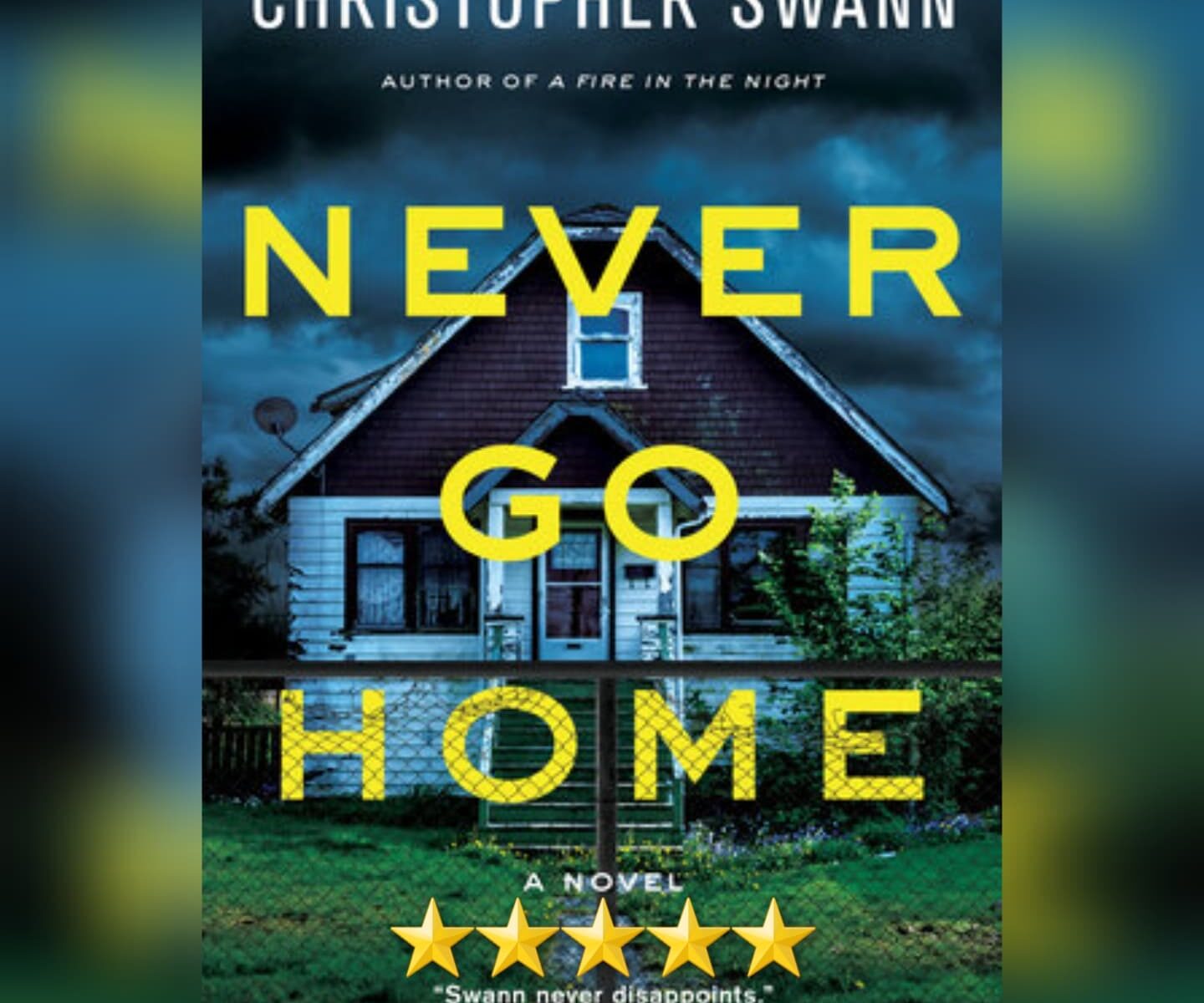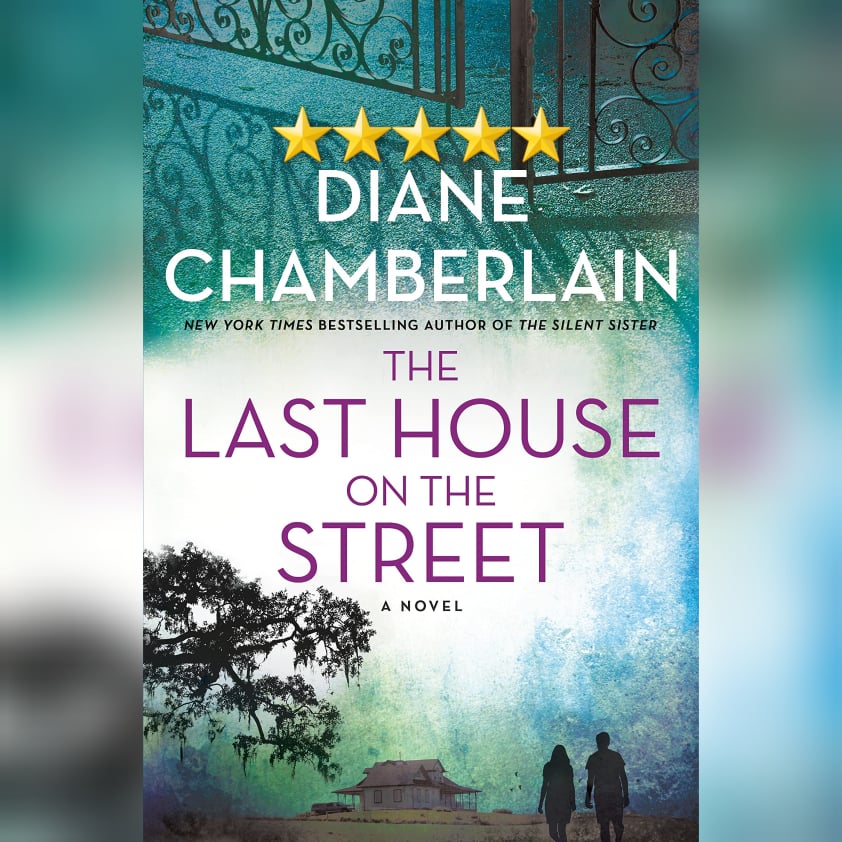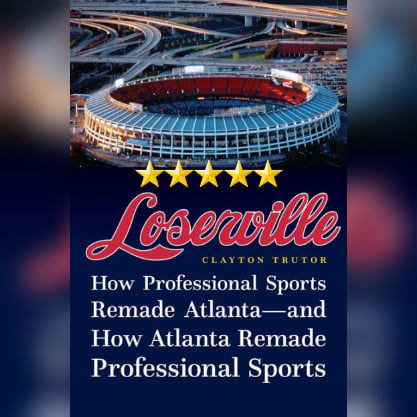For this blog tour, we’re looking at an action packed thrill ride for the War On Terror era. For this blog tour, we’re looking at The Paris Widow by Kimberly Belle.
First, the review I posted to the book sites (Hardcover.app / BookHype.com / BookBub.com / TheStoryGraph.com / Goodreads.com):
Action Packed Thrill Ride For The War On Terror Era. If you’re like me, you see a title like “The Paris Widow” and you’re thinking this is going to be some WWII historical fiction novel that tends to blend into each other because it has both been done so much and because you’ve read so many of them.
Well, you’d be wrong, in this case.
Because *this* is actually one of those “who can I trust” action packed suspense thrillers where everybody has secrets and literally no one – not even the maid – can be trusted. It is one you’re going to sit up reading well past bedtime because Belle has mastered the art of leaving the chapter on just enough of an edge that you *need* to read the next chapter to see what happens next… only to now find that you’re a dozen chapters and a couple hours after you said “just one more chapter”.
Set primarily in Paris, with some flashbacks to earlier interludes in Atlanta, Georgia (US) and others in a few different locations in and around the Mediterranean, this is one of those tales where while the settings don’t become characters themselves, they are described so beautifully that you’re going to wish you were there yourself.
Fans of the “ho hum this is just another story that oh fuck oh Fuck Oh FUck OH FUCK!” type of tale are going to have a particularly fun time with this one. (And let’s be real here, that sentence was also fairly fun to write. 🙂 )
So pick this book up, sit down in that beach chair right there on the pool deck, and prepare for the sunburn of your life as you get engrossed in this book for several hours until you finish it in one sitting. You’ve been warned. 🙂
Very much recommended.
After the jump, an excerpt from the book followed by the “publisher details” – book info, description, author bio, social links, and buy links.
Continue reading “#BlogTour: The Paris Widow by Kimberly Belle”



